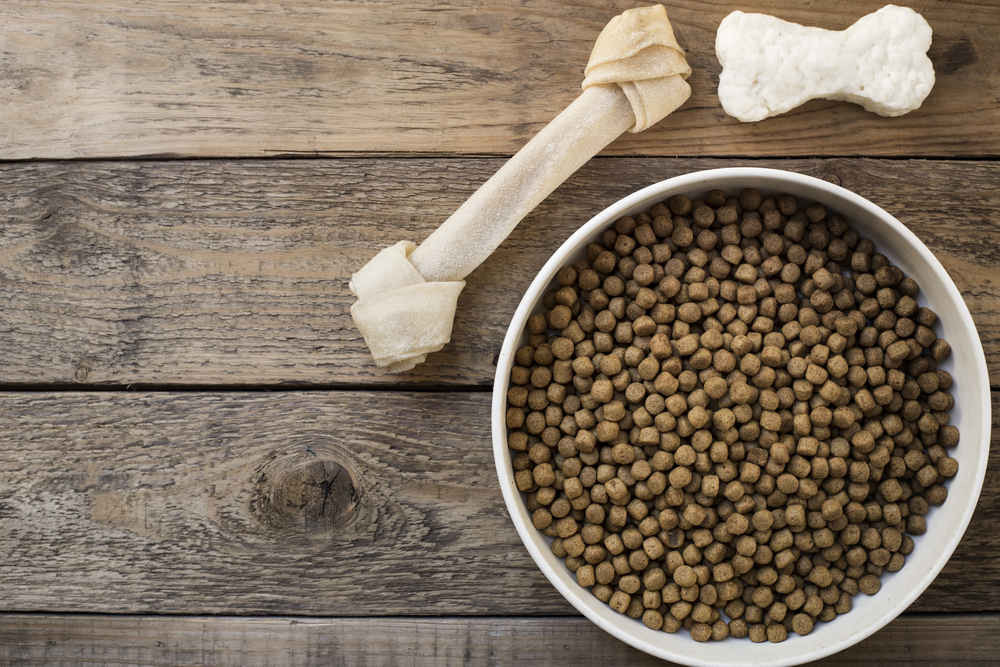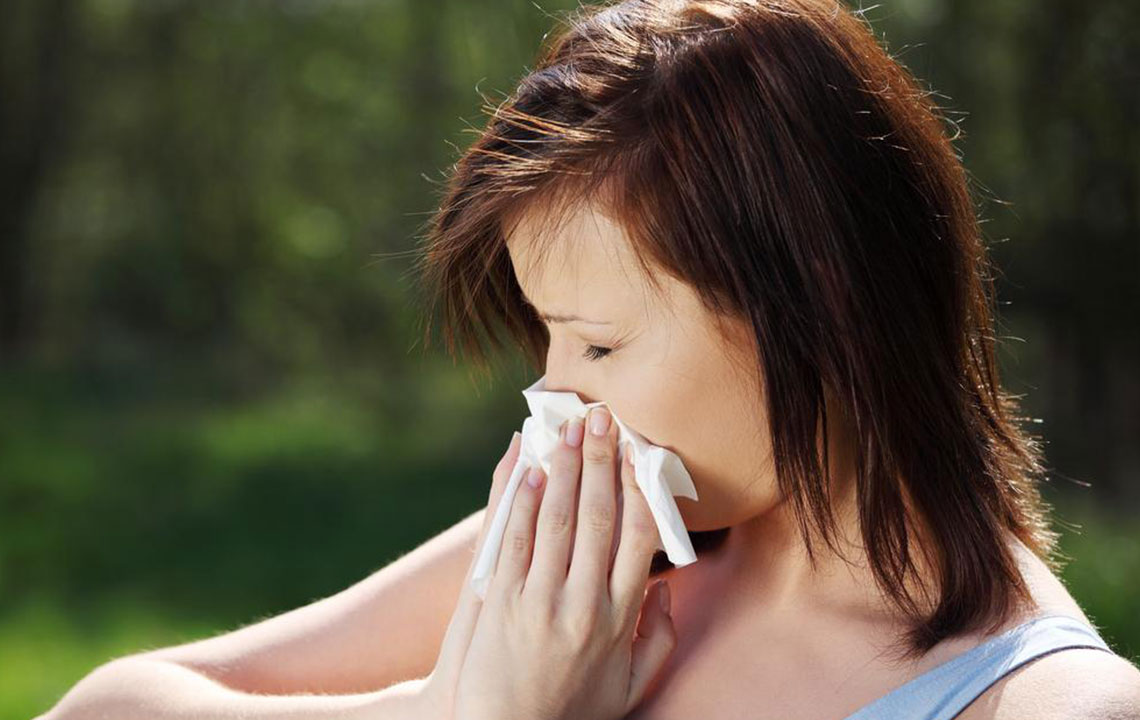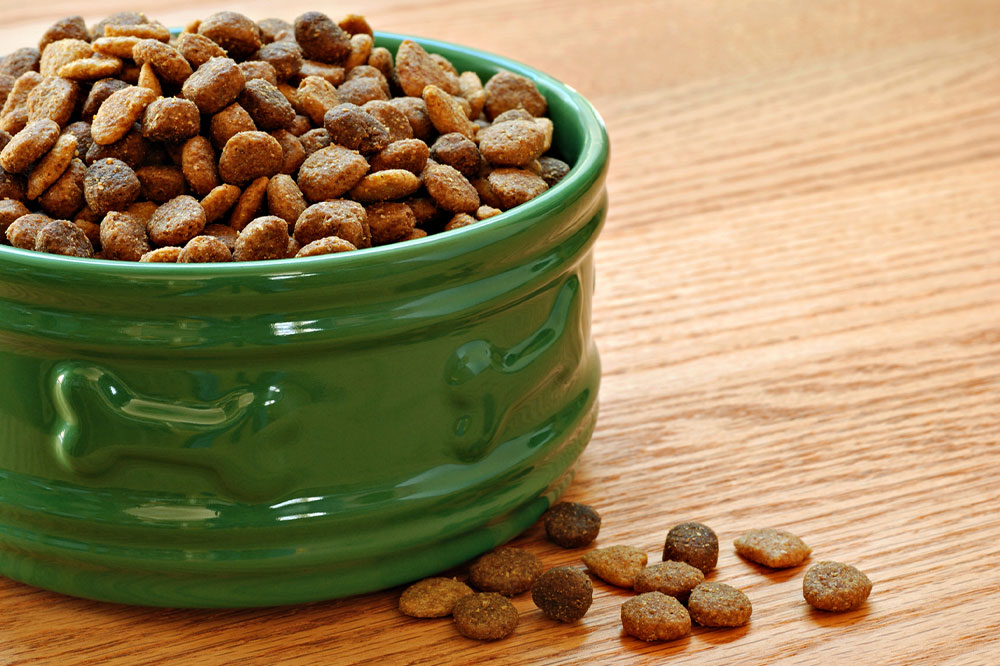Understanding Canine Food Allergies: Causes, Symptoms, and Solutions
This article offers a comprehensive overview of food allergies in dogs, covering causes, symptoms, common allergens, and effective diagnosis and treatment methods. It emphasizes the importance of veterinary guidance for managing allergies and highlights dietary strategies like elimination diets and hydrolyzed foods to ensure your pet's health and comfort.
Sponsored

If your dog displays persistent itching, head shaking, or scratching, it could be an allergic reaction. Confirming food allergy can be challenging, so consulting a veterinarian is crucial to eliminate other issues. While many allergies stem from ingredients, environmental factors might also trigger reactions. Remember, food allergies differ from food intolerances.
What are food allergies in dogs?
They occur when your dog’s immune system overreacts to proteins in their diet. Proteins come from many sources like grains, vegetables, and meats—not just meat alone. Any of these can cause allergic responses.
Common symptoms of food allergies
Indicators include digestive issues, itching, chronic diarrhea, ear infections, and foot licking.
Common food allergens in dog diets
Beef: Frequently used in many pet foods, beef is a prevalent allergen, especially if your dog has been eating it for years.
Dairy: Dogs often have trouble digesting lactose, leading to intolerance with symptoms like diarrhea, gas, and vomiting.
Wheat: While less common, wheat can provoke allergic reactions in some dogs, despite meat being the usual suspect.
Eggs: Allergies may develop due to proteins in the egg yolk, causing immune overreactions.
Chicken: Similar to beef and lamb, chicken can also trigger allergies in some pets.
Soy: Studies link soy intake to health issues such as growth delays, reproductive challenges, and liver or thyroid problems.
Diagnosing and managing food allergies in dogs
Elimination diets are effective for identifying allergies. This process involves switching your dog to a novel diet and gradually reintroducing previous foods to pinpoint triggers. Often, allergies diminish as your dog matures or adapts to a new environment. Because fully hypoallergenic diets are rare, vet-prescribed hydrolyzed diets or home-cooked options are usually recommended for treatment.






